How to diagnose TwinSAFE problems
Permanent Problems
Permanent problems are issues that are permanently there until you solve them. For instance, the emergency stop circuit will not reset, but there is no indication why.
Check the EtherCAT circuit
See See Diagnosing EtherCAT Issues - Advanced to see if there is a permanent break in the etherCAT circuit, as this will also stop the emergency stop resetting
If you cannot see what is stopping estop working, you can take a look at the internals of the safety function blocks using the online view.
Firstly, get the TwinSafeGroup open
The function block screen can be zoomed in and out to show you more of it, and you can scroll round with the scroll bars
"Go live" by selecting Twinsafe->Show Online Data
If the estop circuit is working properly, the surround will be green. If the circuit has not been initialised or there is a problem, it will be red. This picture shows a healthy estop circuit
The lines connecting the paths between the blocks indicate "Active" signals. A simple, useful rule of thumb is that an input labelled with an estop function (eg Isolator_C K2, Gate_C_Ch1, Saw Console_Estop_Ch1, etc) should be green to saw it is ok. EXCEPT when there is an "Inversion" on the input, signified by a circle inside the function block.
In this this picture
- The Saw_Consol_Estop_Ch1 and Ch2 inputs are active high (green=ok)
- The Saw_Front_Guard_Key_Ch1 and Saw_Top_Guard_Key_Ch1 are active low (not green=ok)
Intermittent problems
The most difficult and frustrating problem solving comes from an intermittent problem with the TwinSAFE Estop circuit. Due to the fail-safe nature of the system, any upset or break in the EtherCAT circuit will also trip the estop circuit. Here are some tips and tricks to help narrow down this search
CRC Checking EtherCAT circuit
See Diagnosing EtherCAT Issues - Advanced for a guide on how to set up advanced diagnosis on the EtherCAT network to help track down intermittent breaks in the network
Checking Safety Project Online View
A good tool for checking "where" the break was on the safety circuit is to use the "Safety Project Online View"
With the TwinSafeGroup1 window open, Select View->Other Windows->Safety Project Online View
This will open a new window at the bottom
The tree branches colour themselves red where there is an issue. Scrolling through these tree branches will help identify exactly where the last estop break was detected in the network.
Creating Sync Units
Following a discussion with Jamie Withers at Beckhoff, he recommends a "Standard code of practice" for TwinSAFE systems to put the Safety system into a Sync Unit. The TwinSAFE on Stuga Machines was not originally set up like this, so it is a good idea to retrospectively add this feature. It has proved incredibly successful is isolating an ethercat network problem to prevent it tripping the emergency stop circuit. It allows the engineer to trace the problem without the machine stopping.
Select Sync Unit Assignment from the Device Properties
Two Sync Units need to be created. One for the "Master" and one for all the slices.
On the device that has the TwinSAFE EL6900 PLC, open the Sync Unit assignment and select the EL6900. Then type TwinSAFE Master into the Sync Unit Names Box, then click Apply.
Now select all the EL1904, EL2904 and AX5803 Safety slices / Safety card for the drives (use ctrl-click to select many) and add a "TwinSAFE Slices" Sync Unit
Repeat this for any other devices (most machines have 2 IO devices)
Draft
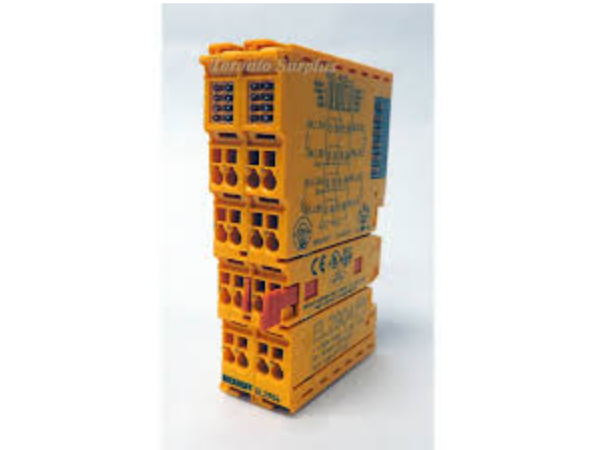
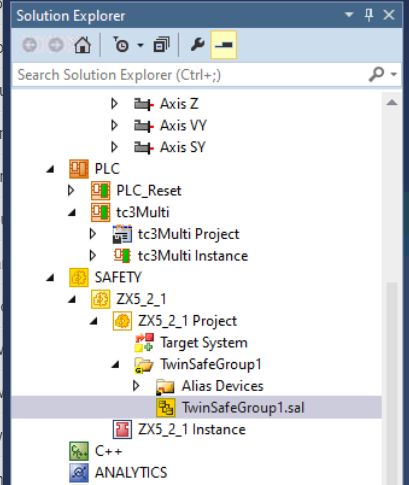
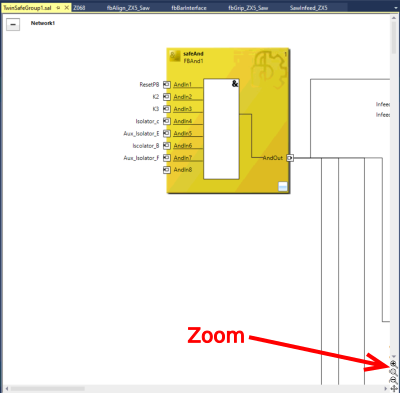
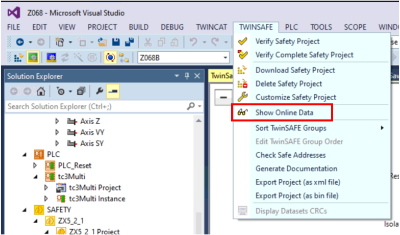
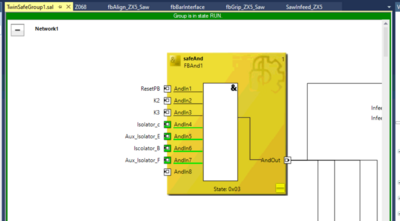
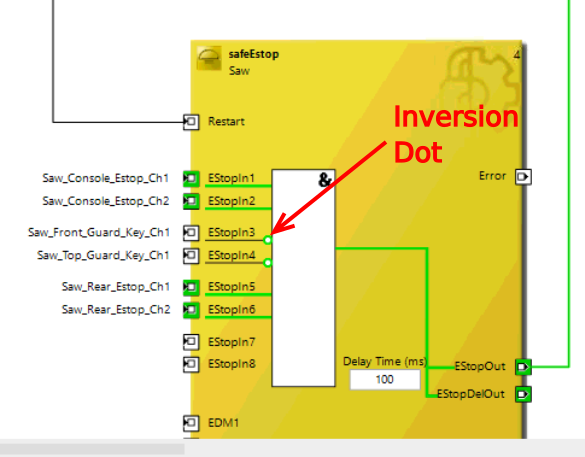
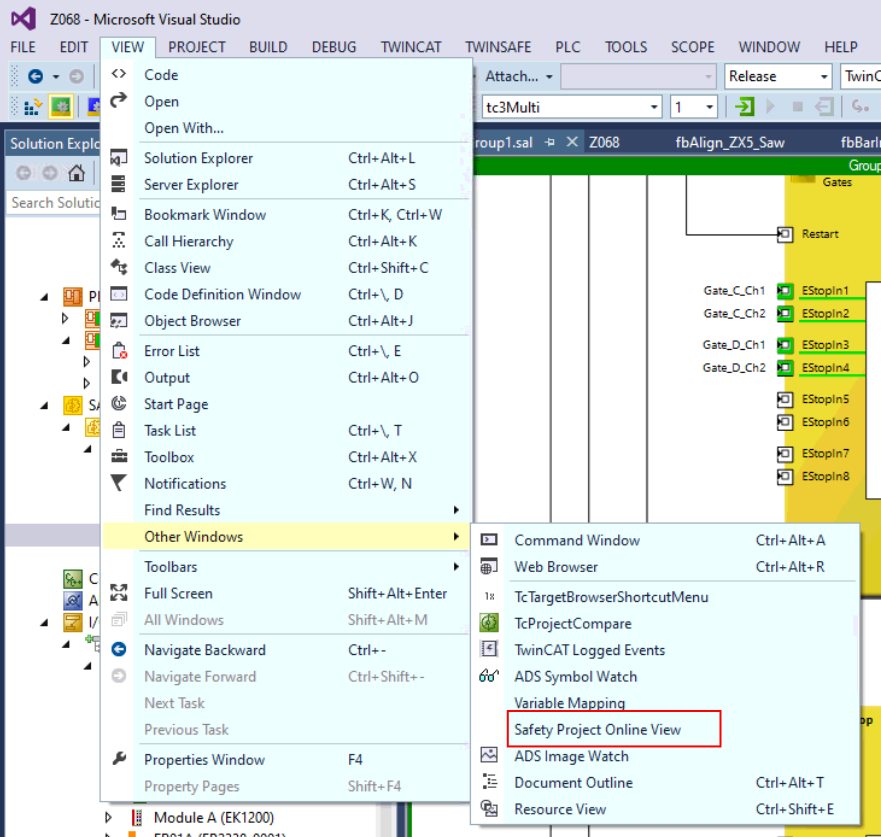
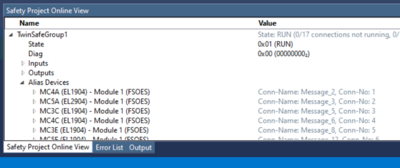
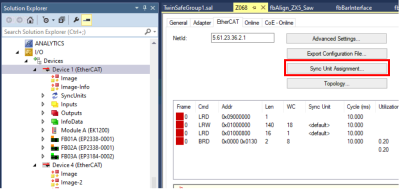
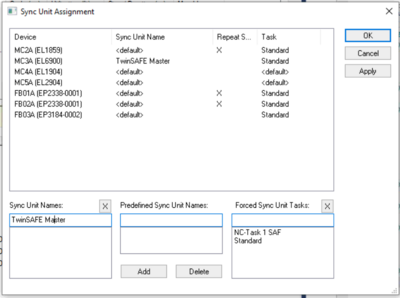
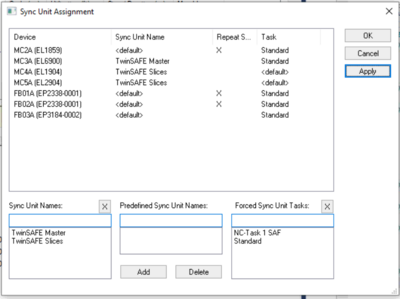
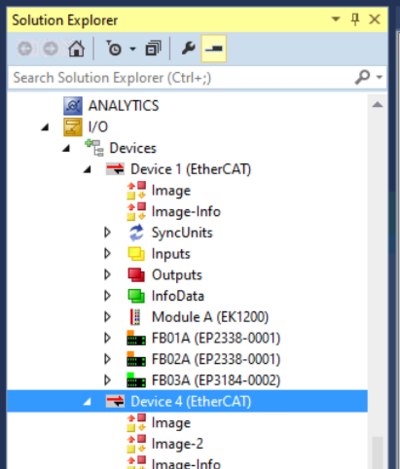
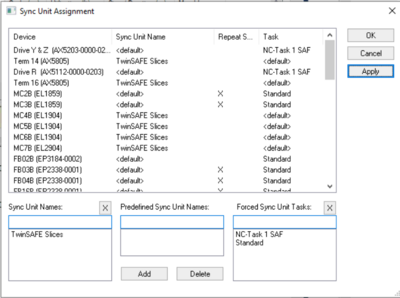
 Français
Français English
English Deutsch
Deutsch Español
Español Italiano
Italiano Português
Português